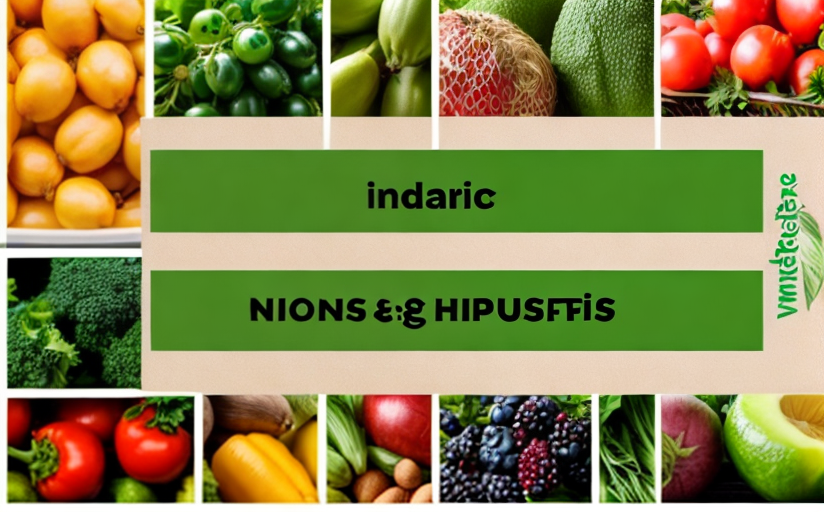Are Organic Foods Really Worth the Higher Cost?
The global market for organic food is witnessing a significant growth in recent years due to increasing consumer awareness towards healthy food which is free from pesticide and genetically modified organisms. However, the higher cost of organic food compared to non-organic options has always been a topic of debate. This article aims to investigate: Are Organic Foods Really Worth the Higher Cost?
What are Organic Foods?
Organic foods are items that are produced, prepared, and processed without the use of any chemicals. This means that organic food production does not involve the use of chemical fertilizers, chemical pesticides, or chemical preservatives. In context of meat and dairy, organic produce comes from animals that are not given any antibiotics or growth hormones.
Health and Environmental Benefits of Organic Food
Potential health benefits of organic foods include less exposure to pesticide residues and lower risk of food-borne illnesses. It also tends to have more healthy fats, such as omega-3 fatty acids. Environmentally, organic farming practices reduce pollution, conserve water, reduce soil erosion, increase soil fertility, and use less energy.
Cost Differences: Organic vs Non-Organic
On average, organic foods are more expensive than non-organic. The price difference can be as low as 10% and as high as 50% or more. This is due to more expensive farming practices, tighter government regulations, and lower crop yields.
Pros and Cons of Investing in Organic Foods
The potential health and environmental benefits are major pros of investing in organic foods. Nonetheless, organic foods can sometimes be more difficult to find in grocery stores and may go bad faster because they don't include preservatives. In addition, the cost can be prohibitive for many consumers.
Is the Higher Cost of Organic Foods Justified?
The question to ask is not simply whether organic foods are more costly, but whether the higher cost can be justified. The answer to this question really depends on individual consumers' priorities, such as their budget, dietary needs, and personal beliefs about health and the environment.
Current research indicates that organic and non-organic foods are nutritionally comparable. However, some people might consider the lower exposure to pesticide residues and the environmental benefits to be worth the extra cost. On the other hand, some may conclude that the higher cost is not justified given the comparable nutritional content, especially if they're on a tight budget.
Conclusion
Whether or not organic foods are worth the higher cost depends largely on individual preferences and values. If you prioritize things like reduced exposure to pesticides and a more sustainable farming system, then organic food might be worth the higher cost to you.
















Comments
Leave a Comment